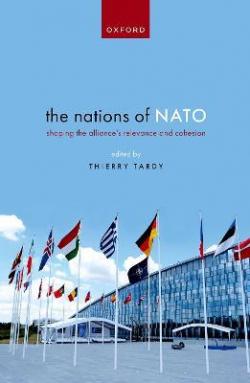Chapter 7: Italy

The chapter analyses Italy’s policy within NATO, its characteristics, priorities, strengths, and weaknesses. It explains why NATO has always been central to Italy’s security and defence policy and this despite the frequent turnover in the country’s governments. On the one hand, Rome believes in the idea of an international liberal order which is cooperative, multilateral, and rules-based, and NATO comes as a pillar of such order. On the other hand, narrowly defined national interests are better pursued through this framework than through bilateral relations with stronger interlocutors like the United States. The chapter also argues that Italy has constantly sought a greater NATO commitment to the ‘wider Mediterranean’ region through crisis management operations and partnerships. Italy has obtained some results in this regard, including the establishment of the Strategic Direction South ‘Hub’ in Naples, yet the overall weak attention of the Alliance to its Southern flank has generated frustration among Italian elites. This notwithstanding, the chapter shows Italy’s record of constant presence in NATO operations, thus presenting itself as a security provider within the Alliance. The Italian presence in Afghanistan has been particularly significant, but Italy has also been much involved in Kosovo and in Iraq. Looking forward, Italy is likely to continue to engage with and within NATO, in accordance with the evolution of the threat environment and the US posture, while pursuing its traditional priorities, including NATO–EU cooperation.
-
Details
in Thierry Tardy (ed.), The Nations of NATO. Shaping the Alliance's Relevance and Cohesion, Oxford, Oxford University Press, 2022, p. 165-186 -
ISBN/ISSN/DOI:
978-0-19-285553-4; 978-0-19-194571-7 (ebk)


